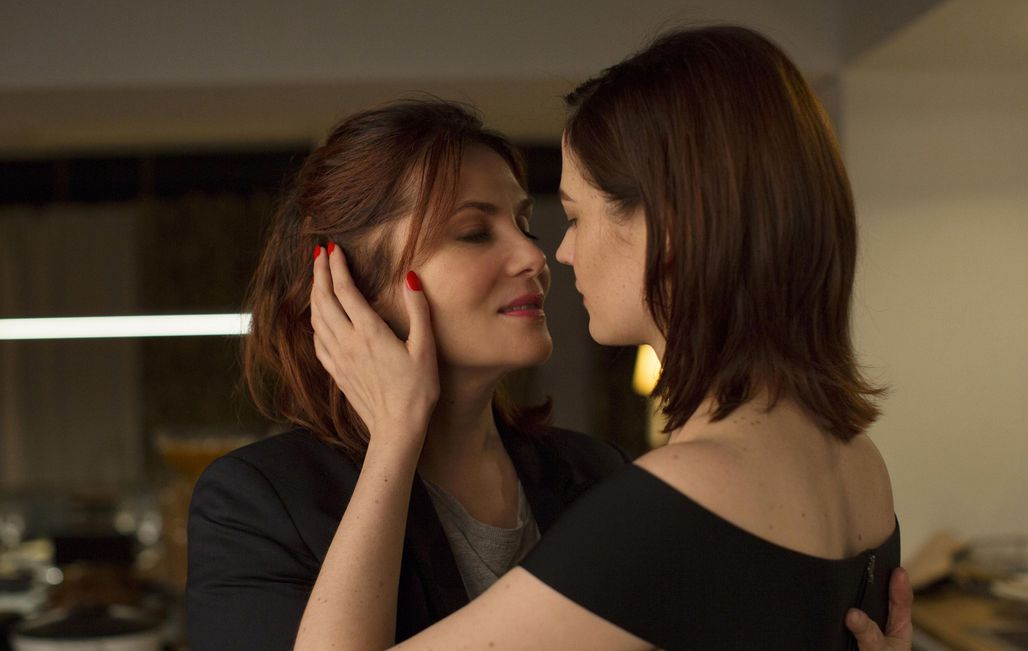
Female duplicity as seen by Roman Polanski

After Macbeth in 1972, Le Locataire (The Tenant) in 1976, Pirates in 1986, The Pianist, awarded the Palme d’or in 2002, Chacun son cinéma (To Each His Own Cinema) in 2007 and La Vénus à la fourrure (Venus in Fur) in 2014, D’après une histoire vraie (Based on a True Story) is the seventh film by director Roman Polanski to participate in the Official Selection, and is an adaptation of the eponymous best-seller by Delphine de Vigan. Presented in Out of Competition, the film portrays the sudden and toxic intimacy between two women: Delphine, played by Emmanuelle Seigner and Elle, the disturbing character embodied by Eva Green.
The strangeness of Repulsion (1965) and Rosemary’s Baby (1968), Trelkovsky's sarcasm in Le Locataire (The Tenant), the humiliation experienced by Wladyslaw Szpilman in The Pianist, and Thomas' obsession in La Vénus à la fourrure (Venus in Fur)… The perversity displayed by Elle in D’après une histoire vraie (Based on a True Story) seems to fit logically into the filmography of a director that isn't shown anymore.
“It’s also a book that tells the story of a book, and I really like that. This was previously done with The Ninth Gate (1999) and The Ghost Writer (2010).”
Roman Polanski could also count on his experience adapting La Vénus à la fourrure (Venus in Fur), which was transposed to the big screen from a play by David Ives, itself based on a novel by Sacher-Masoch. Similarly, Carnage was the 2011 adaptation of Yasmina Reza's play Le Dieu du carnage (God of Carnage).
To write the screenplay, since "his last two films dealt with women", Roman Polanski called upon Olivier Assayas, who thus revisited his past as a screenwriter. The French director (who also writes his own screenplays) had previously collaborated notably with André Téchiné for Rendez-Vous (1984), Le Lieu du crime (Scene of the Crime) (1986) and Alice et Martin (Alice and Martin) (1998).
As is the case for all his films since The Ghost Writer, the score was composed by Alexandre Desplat. As for Emmanuelle Seigner, who suggested to her husband-director that he adapt D’après une histoire vraie (Based on a True story), she shines once more in her leading role as a novelist.


